Article 1.
In justice to those who place their faith and interests in her or his care, the bail licensee should endeavor constantly to be informed regarding current laws, proposed legislation, governmental orders or regulations, and other significant information and public policies which many effect the interests of the client.
Article 2.
The bail licensee should make a constant practice of full and complete disclosure to all parties, be they principal or indemnitor, of any and all possible liabilities, penalties or detriments which may arise from their involvement in that particular undertaking which secures the release from custody of a person who is charged with a criminal offense.
Article 3.
The bail licensee should not, prior to forfeiture or breach, arrest or surrender any principal and thereby terminate his or her release from governmental custody unless the licensee can materially show good cause for such action, such good cause reasonable taking the form of judicial action, information concealed or misrepresented, or the renunciation of an indemnitor or the principal, any of which may be considered material to the risk assumed by the bail licensee.
Article 4.
The bail licensee, upon receipt of notice of forfeiture or breach where notice is required, or upon personal knowledge of forfeiture or breach, should promptly and formally notify any and all indemnitors and real parties of interest of the forfeiture or breach by the principal, and the bail licensee should at that time concisely state the liability thereby incurred or pending.
Article 5.
The bail licensee should supply all indemnitors to an undertaking with a true copy of any document representing a binding legal contract to which she or he is to be or is being committed.
Article 6.
When an examination of the material factors of a potential undertaking reasonably convinces the bail licensee that she or he will be unable to undertake that particular bail relationship, the bail licensee should immediately inform all involved parties that she or he will not be able to secure the release of the defendant so that the defendant or his or her affiliates may promptly seek his or her release by another means.
Article 7.
Every bail licensee should comply in full with the laws and regulations governing the transaction of bail in the State of California. Such compliance must necessarily include those matters dealing with the trust and fiduciary relationship as it relates to monies and properties, which may secure an undertaking. The highest moral and ethical practice should be maintained when entering into a trust or fiduciary relationship.
Relations with the General Public
Article 8.
The bail licensee should keep informed as to movements affecting the criminal justice system in the community, state and the nation, so that s/he may be able to constructively contribute to public thinking on matters of legislation, expenditures, public safety, and other questions dealing with the welfare of the general public. The bail licensee shall strive to find more effective means of fighting crime.
Article 9.
It is the paramount duty of the bail licensee to protect the general public against misrepresentations or unethical business practices in the bail industry. Agents should endeavor to eliminate in their community any practices, which could be damaging to the public or to the dignity and integrity of the bail industry. The bail licensee should assist any regulatory agency or business practices review board charged with regulating the practices of the members of the industry.
Article 10.
The bail licensee should not, except as provided by law, engage in activities that constitute the practice of law, and should refrain from making comments and representations which may lead the public to believe that the bail licensee is practicing law.

